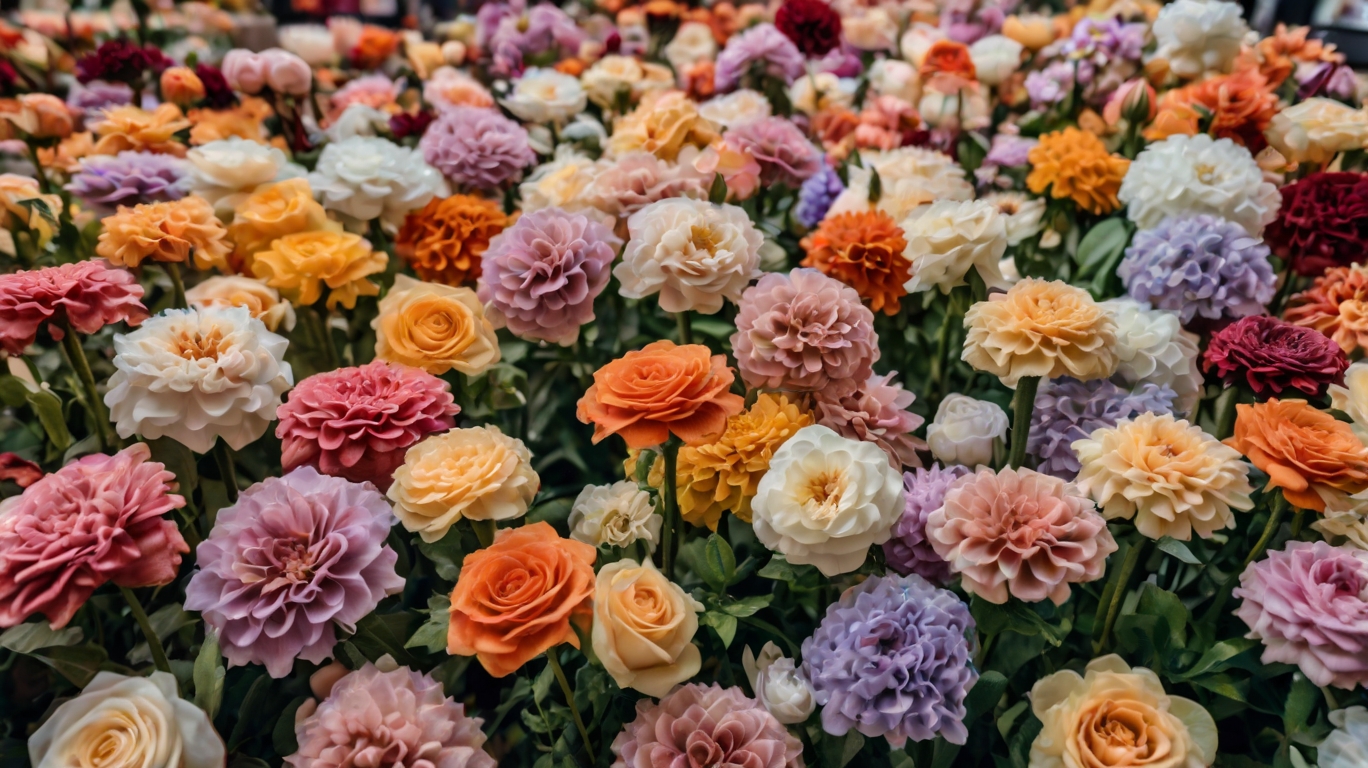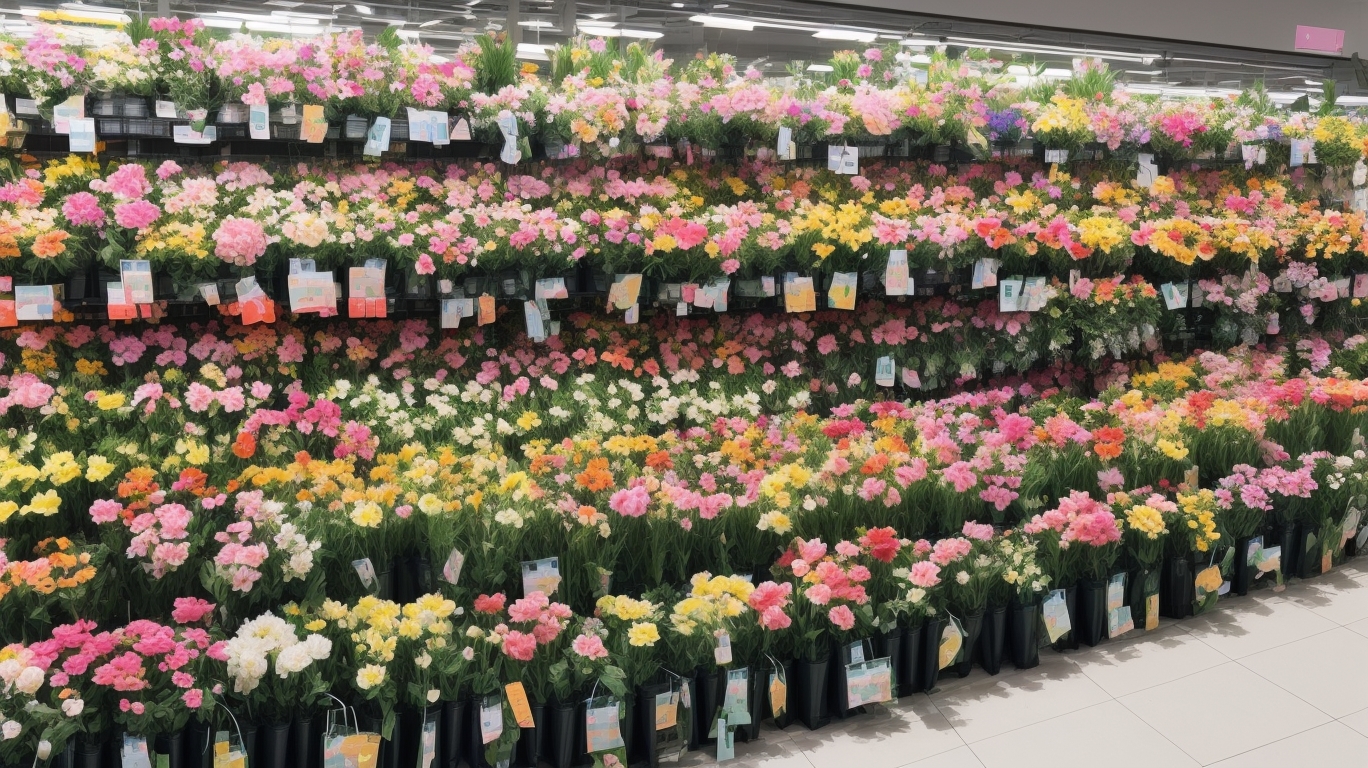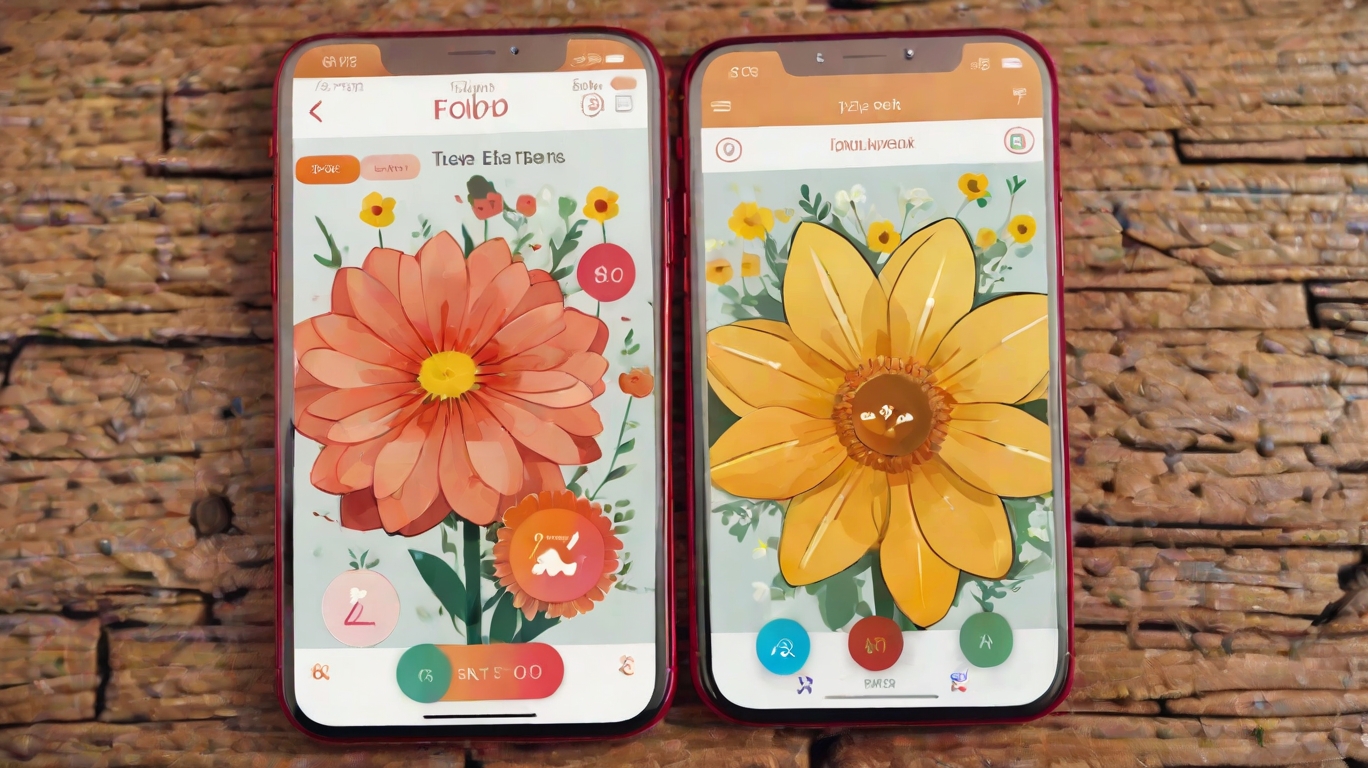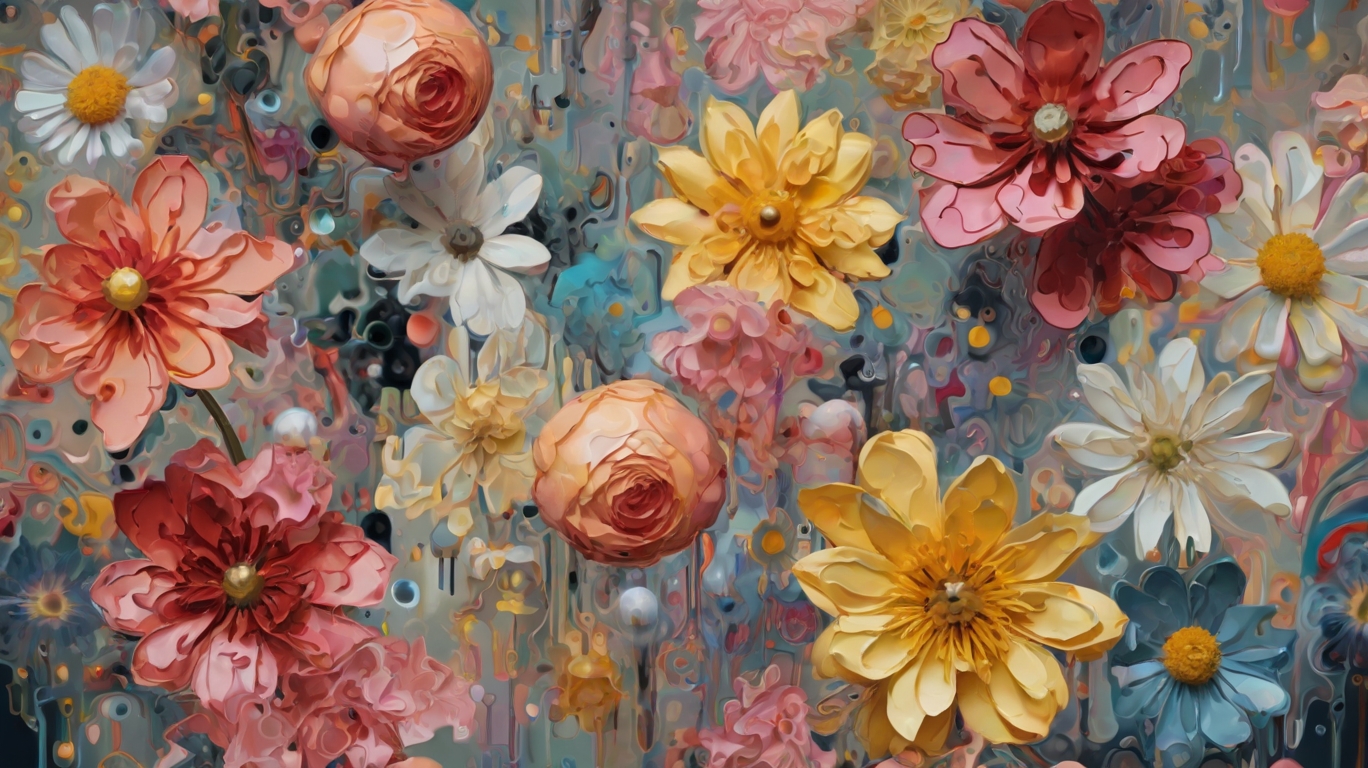**Botanists Celebrate Groundbreaking AI That Can Finally Tell a Rose from a Dandelion Without Blushing**
In a thrilling breakthrough for those who always felt embarrassed in flower shops, a team of computer scientists has unveiled a revolutionary AI that can confidently distinguish between different types of flowers without breaking a robotic sweat. The technology, which employs TensorFlow and MobileNetV2, promises to end centuries of guesswork for linguistic enthusiasts who confuse flora names like ‘lilac’ and ‘lavender’.
“We’re extremely excited about the implications of this technology,” said Dr. Petal Bloomfield, a leading researcher in the field of floral artificial intelligence. “For too long, humanity has been plagued by the cruel tyranny of not knowing whether they were looking at a ‘Forget-Me-Not’ or just a really pretty weed. Our AI bravely tackles these classification challenges head-on.”
In a recent demonstration, the AI successfully differentiated between a tulip and a rose, leaving onlookers in awe. “I almost cried when it got the tulip right,” admitted one emotional observer who happened to have hay fever, wiping away tears mixed with allergic reactions. “It’s like seeing a childhood friend recognize you for the first time!”
This development comes as a relief to wedding planners nationwide, who often face client fury when their ordered bouquets look suspiciously unlike Pinterest boards. “The AI told me it was delphinium, not delphiboreum!” exclaimed Shelly Arranger, a wedding planner with two decades of floral trauma. “We might finally have accurate tablescapes by 2024!”
Of course, not everyone is convinced. Traditional florists argue that the subtle, je ne sais quoi of human error adds charm. “It’s a rite of passage to accidentally give your sweetheart a bouquet of hydrangeas instead of hydrangeas-not,” grumbled a local florist who asked to remain anonymous. Meanwhile, romantic poets are nervously awaiting AI’s inevitable annihilation of their best metaphors.
Overall, this flowering AI might not save lives or reverse climate change, but it does promise fewer awkward moments in florists’ queues—a small yet vital step forward for mankind.





